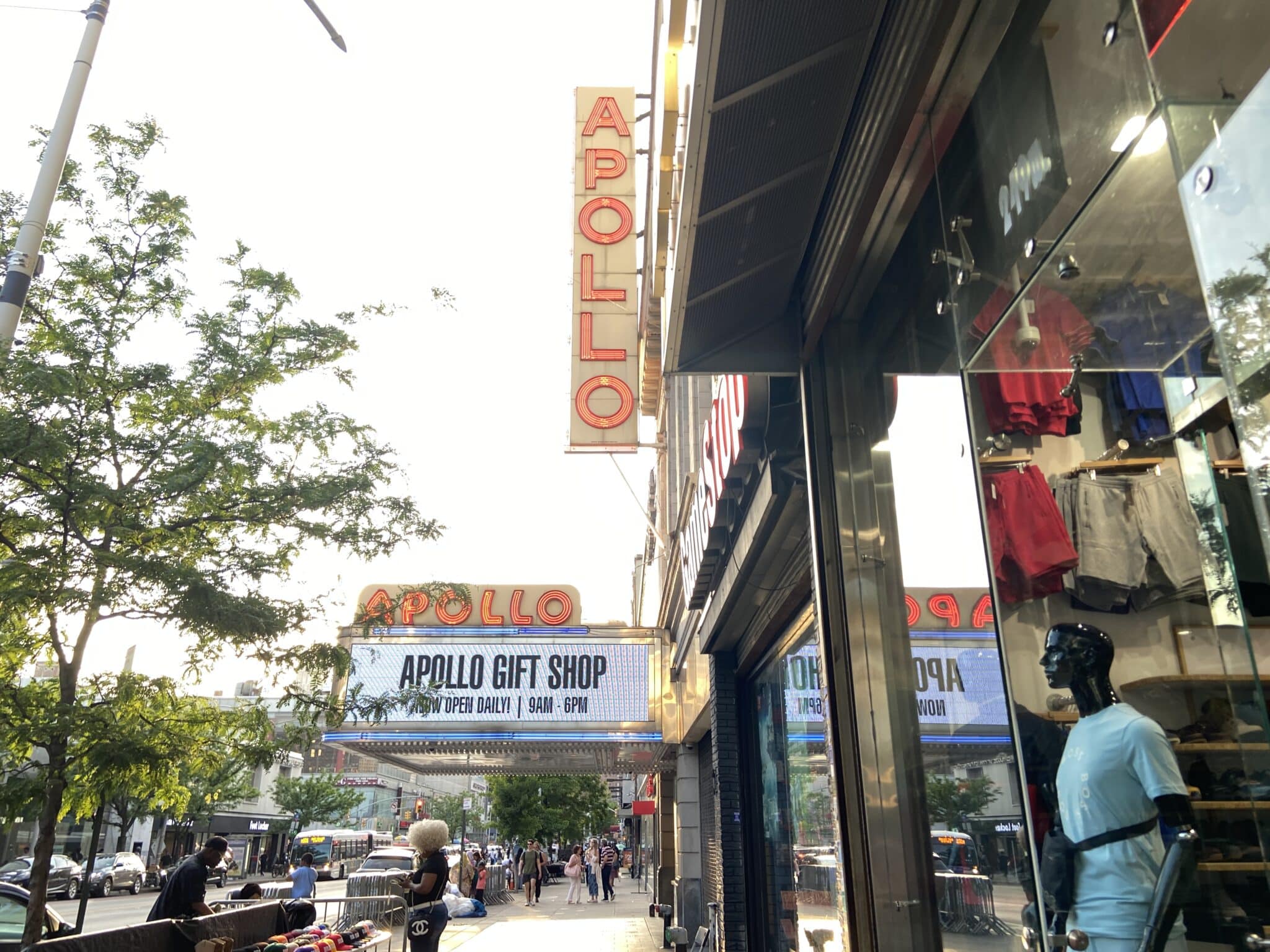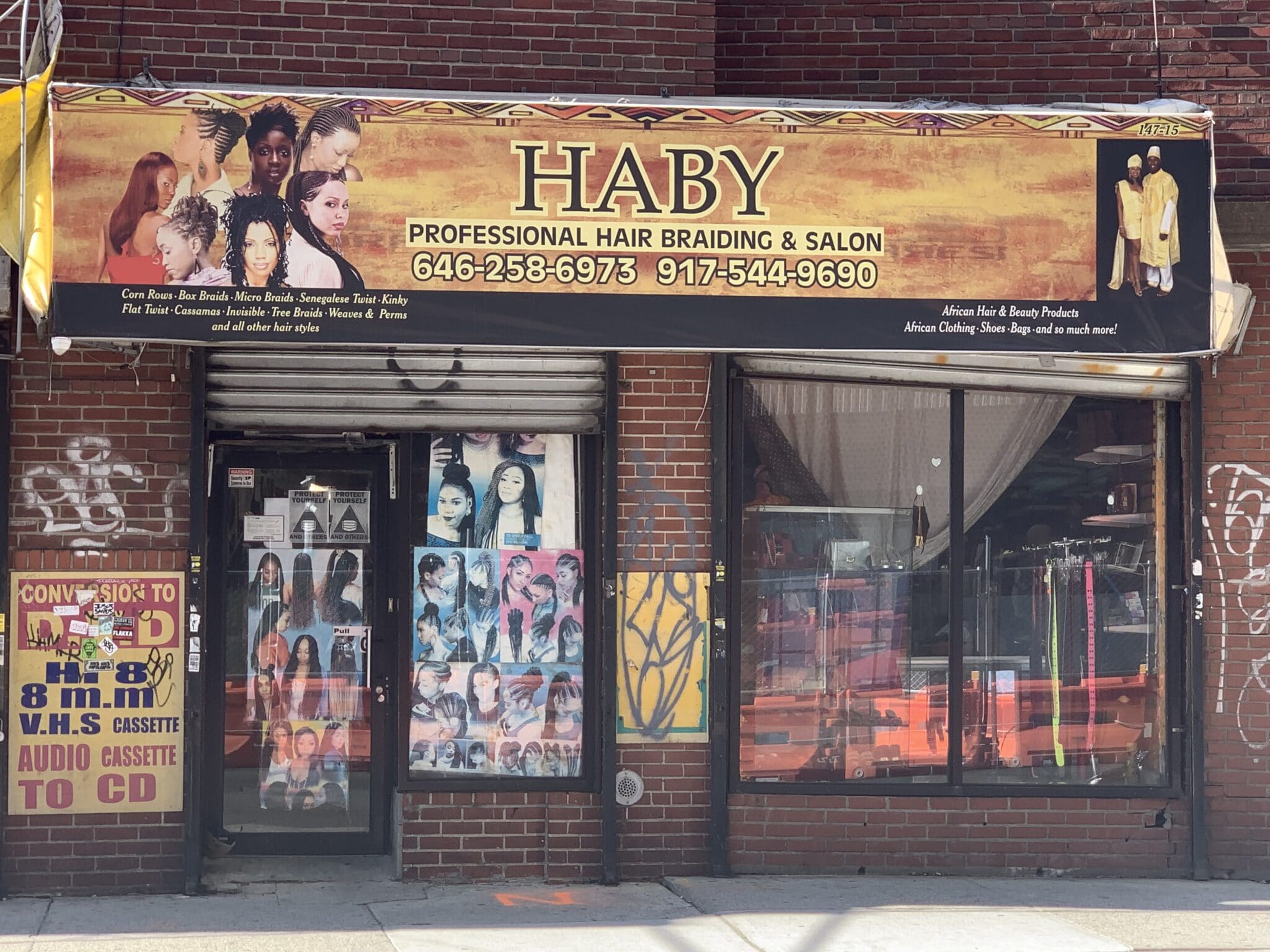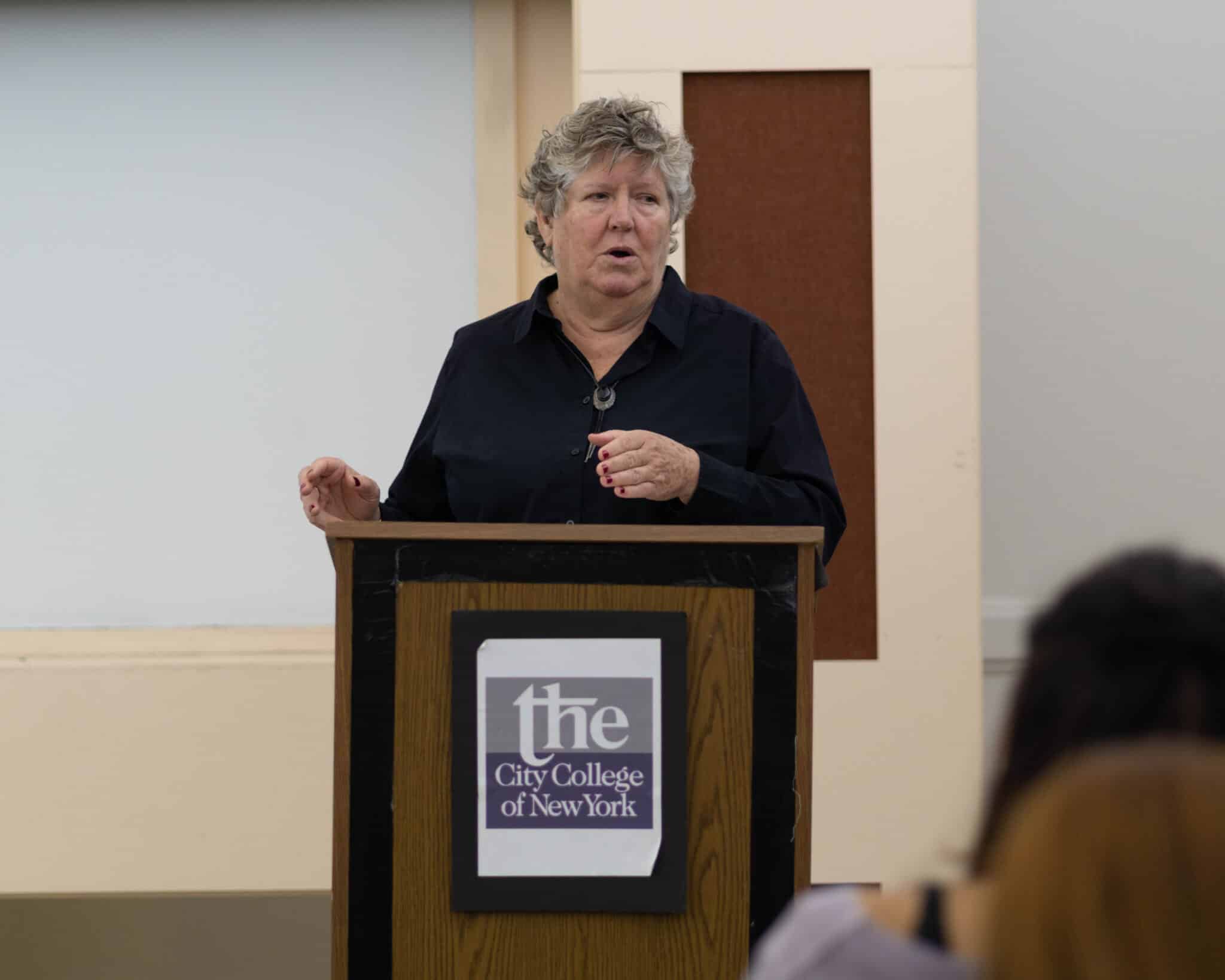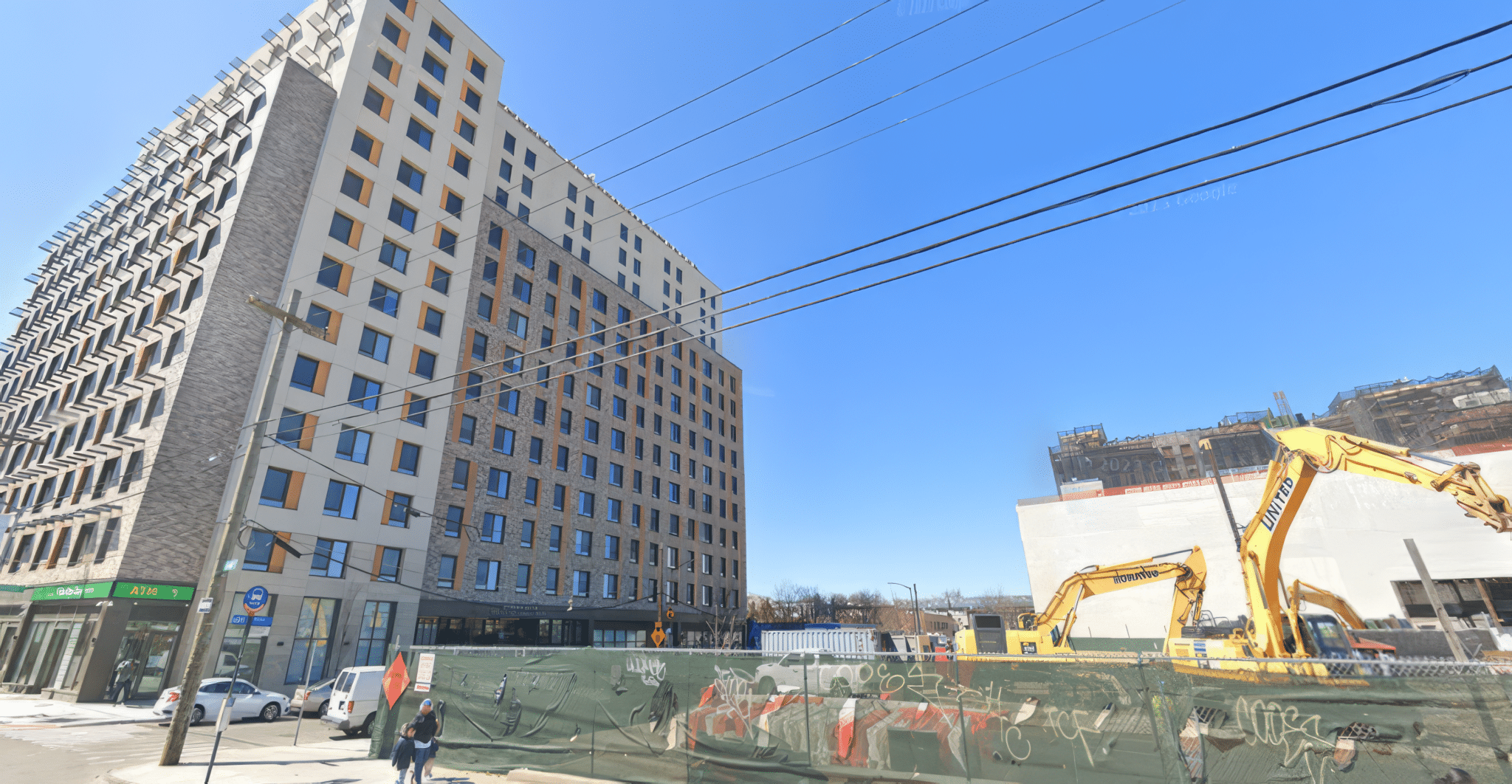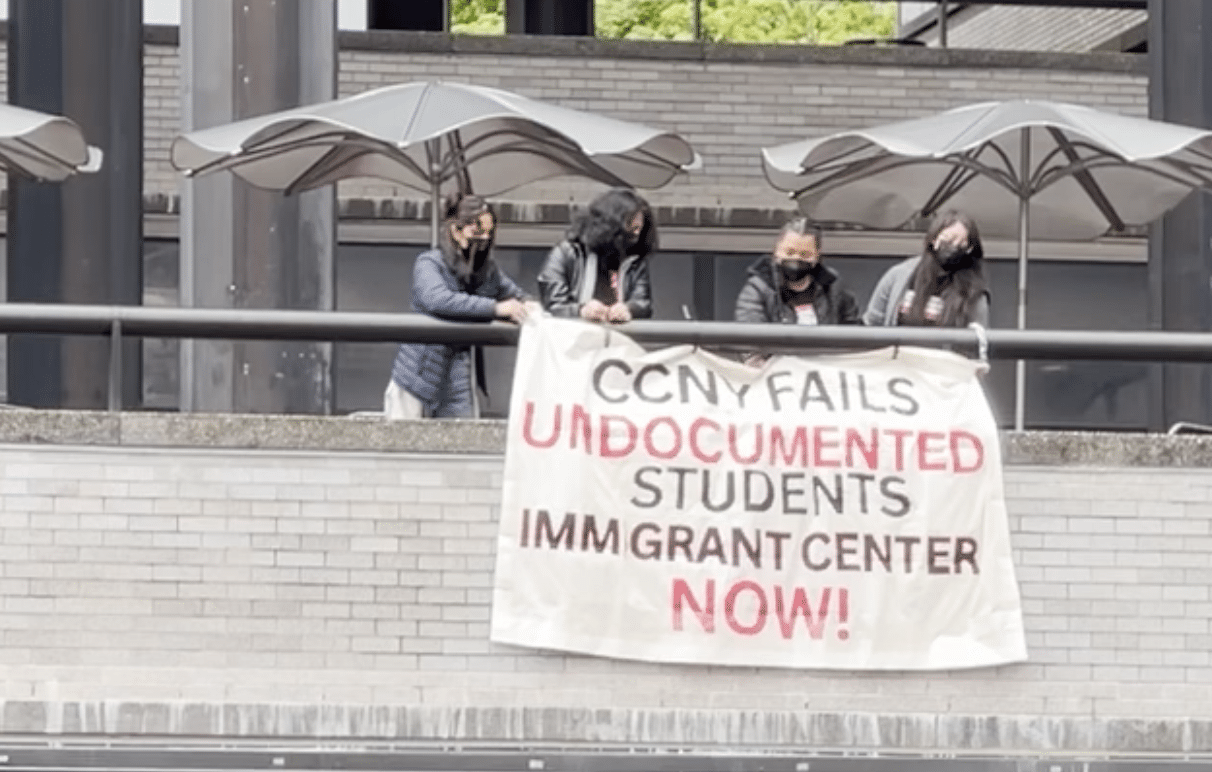Harlem residents and merchants want drugs out of their neighborhood.
“We have been seeing people do every drug under the sun in our community,” Keysha Blanding said. The Harlem resident, like others, sees beyond the glamorous Harlem depicted in movies, music videos and books. She and other Harlemites worry about crime and drugs and think that public officials should do more. Many of them plan to express their opinions in the upcoming City Council Democratic Primary on June 27.
People we spoke with didn’t talk about specific candidates. But they had a lot to say about drugs and crime. “From the moment I get off the train at 125th I am seeing drug addicts, and it gets worse once you actually get on the street,” said Harlem resident Angel Harris. Many in the community are very concerned about drug users on the streets. They feel unsafe and think about moving elsewhere. “I have a son who is only four,” Harris continued. “It’s difficult watching him stare and process seeing addiction on the street every day. I was raised here in Harlem, Polo Grounds, and would love to raise my kids here as well, but honestly, I don’t think I can. From the cost of living, violence, and drugs I’ve been weighing my options and looking at places such as Atlanta.”
Kanini Martin, twenty-one, recently returned to Harlem from college at North Carolina A&T. She loves the neighborhood and visits regularly but she doesn’t plan to move back. “Growing up in Harlem and in New York City in general I always had to walk around with a guard up, especially on 125th Street,” she said. She remembers an incident when she was in high school, when a man stopped her on the most famous street in Harlem. “A man who seemed to be on what I think was crack, came at me yelling that I stole his bag,’ she said. Others joined the man and yelled at her too. “I was raised to defend myself as a woman in the city. I stood my ground and walked away with my bag but that’s not what I want for myself. I just want peace,” she explained.
Twenty-seven-year-old Adama Thiam works for a family business on 125th and has been following Harlem politics. Recently she and other business owners and the 125th Business Improvement District spoke out against the idea of opening a marijuana dispensary across the street from the Apollo Theater. “We understand that marijuana is now legal. But 125th [Street] can not withstand a dispensary with the amount of drug usage that is already here,” Thiam explained. She and others worry about the impact drug use and drug dealing have on their businesses. “Many of us have to close our businesses early, and have to escort drug users from our stores every day because of it. A dispensary would just make things worse,” she said.
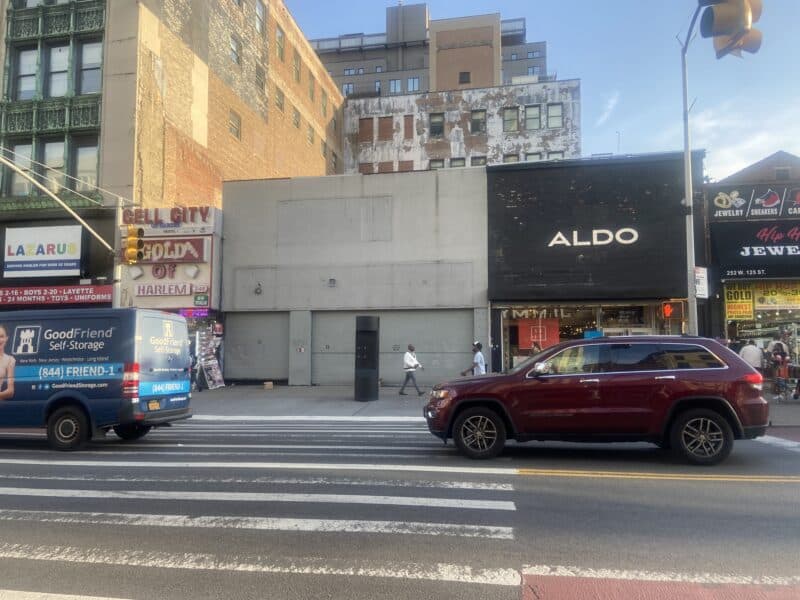
Business owners didn’t want a marijuana dispensary here on 125th Street.
The business owners want politicians to know what they think. “A petition was recently started to make sure it doesn’t get built and it’s going all the way to Governor Hochul. This also needs to be brought to the attention of the people running for City Council,” said Thiam. She and other owners believe the district’s current council member, Kristin Richardson Jordan, hasn’t done enough. Richardson Jordan withdrew from the upcoming Democratic primary scheduled for June and says she won’t run for the seat again.
Three other candidates are running. They are Assemblymember Inez Dickins, Assemblymember Al Taylor, and Yusef Salaam, one of the Central Park Five wrongly convicted of rape in 1989 and exonerated decades later.
“Yussef Salaam is the only one we have actually seen that has shown real support for the petition and the voices of 125th Street businesses when it comes to the dispensary,” Thiam said.
Harlem feels like a jewel in the city to business owners and residents. They want to fight to save it, and want their council representative to take up the fight. Keysha Blanding is among them. “We are tired,” Blanding said. “We watch family and friends go into addiction and guard our children more than anybody here in Harlem. We are tired.”
Tags: 125th Street Al Taylor Angel Harris Crime drugs Harlem Inez Dickens Jaden Hodges Kanini Martin Keysha Blanding Yusef Salaam
Series: Community
